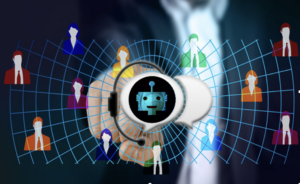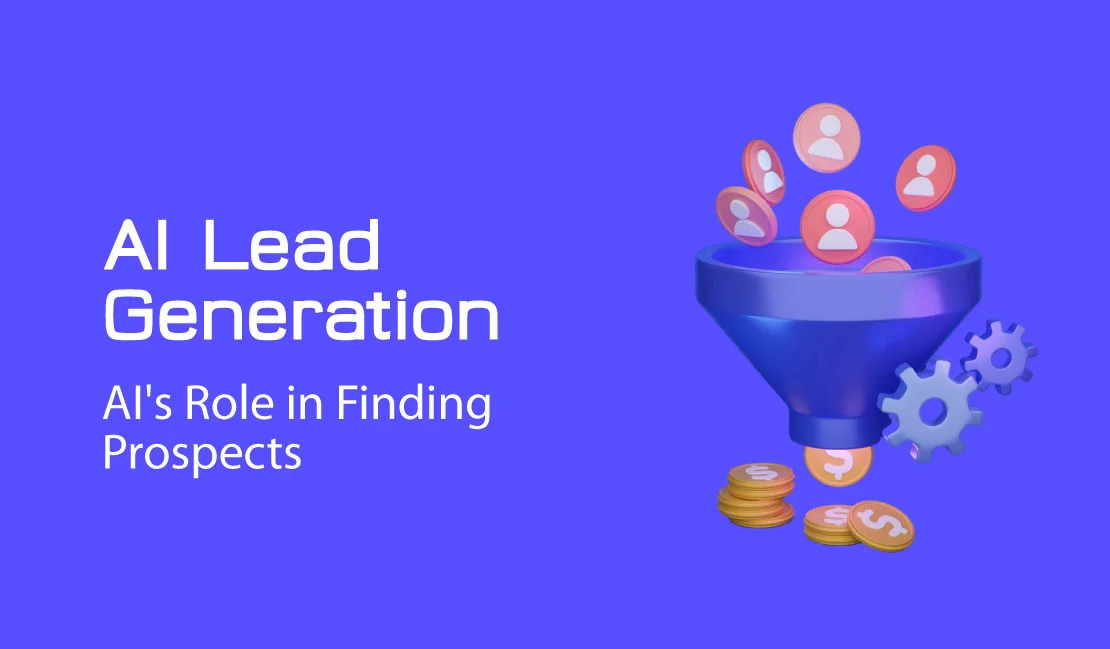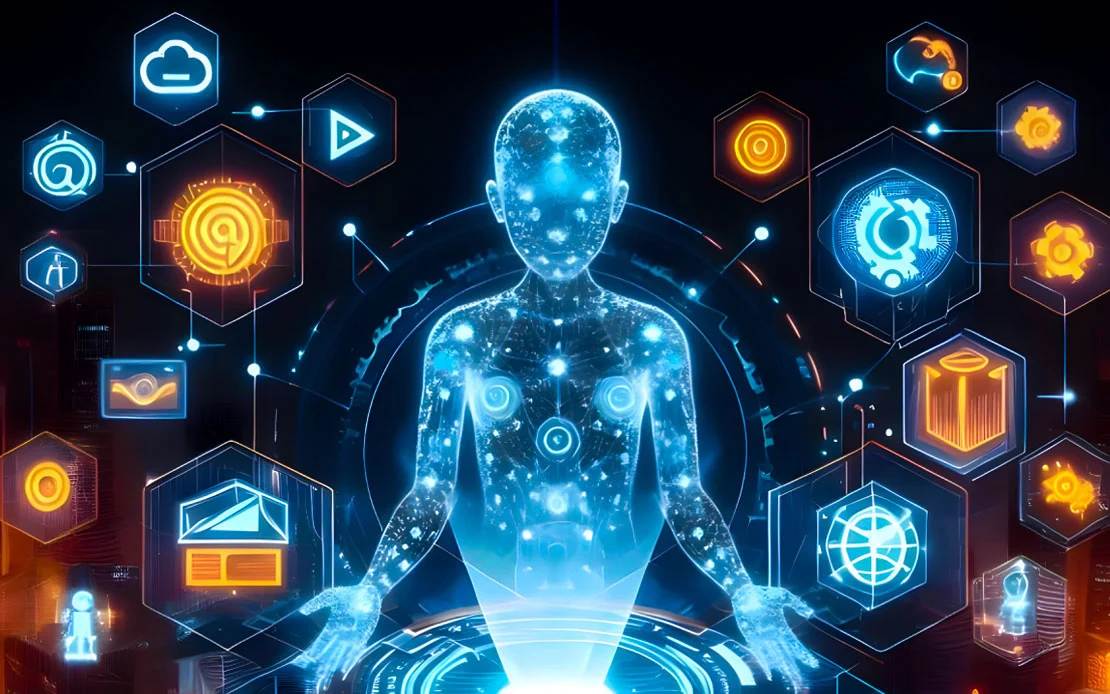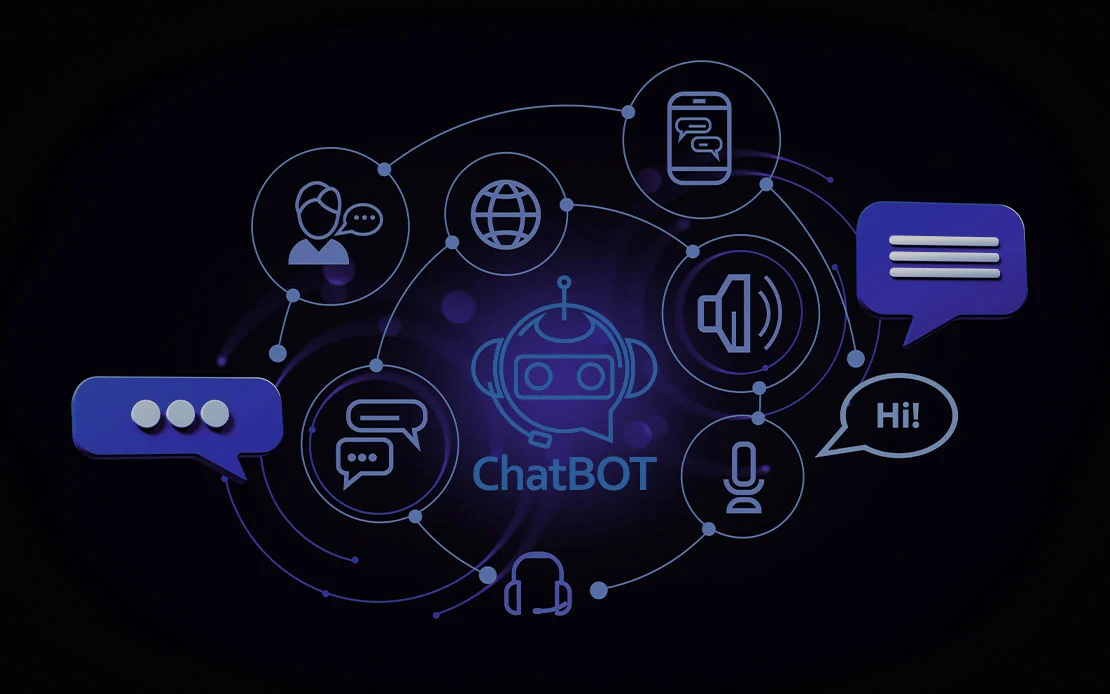In today’s fast-paced digital world, customers expect quick, efficient, and accurate responses to their queries. As businesses grow and customer bases expand, managing support inquiries becomes increasingly challenging. Enter AI—a powerful solution that is revolutionizing the customer support landscape by automating responses, resolving problems faster, and improving overall customer satisfaction.
In this article, we’ll explore how AI is transforming customer support services, compare AI bots to human support teams, and discuss how businesses can integrate AI into their multichannel customer service strategies.
AI Support Bots vs. Human Support Teams : Finding the Right Balance
There’s no denying the efficiency AI support bots bring to the table. They can instantly respond to inquiries, handle multiple customers simultaneously, and work around the clock—qualities that are essential for meeting customer expectations in today’s always-on business environment. AI-powered bots can resolve common issues like password resets, order tracking, and FAQs, freeing up human agents to focus on more complex and nuanced problems.
However, AI support bots aren’t perfect, and they work best when paired with human support teams. While AI can handle routine queries, human agents excel in delivering empathetic, creative solutions when customers face unique or emotionally charged issues. For instance, a chatbot can help a customer process a return, but when a customer is upset about a lost package, a human agent’s empathy and personalized response can make a world of difference.
So, what’s the ideal solution? A hybrid approach, where AI handles the bulk of simple inquiries and escalates complex issues to human agents. This way, businesses can maintain high service standards while reducing the workload on their human teams.
Faster Response Times and Higher Resolution Rates
One of the most significant advantages of AI in customer support is the drastic reduction in response times. With AI-powered chatbots and virtual assistants, customers no longer have to wait in long queues for their issues to be addressed. AI bots can respond instantly, providing customers with quick fixes or guiding them through self-service options. This immediacy has a direct impact on customer satisfaction, as studies show that 75% of consumers expect a response within five minutes of contacting customer support.
According to a report by Salesforce, businesses that implemented AI-powered support saw a 35% increase in response accuracy and a 20% decrease in issue resolution time. Faster resolutions lead to happier customers—and AI plays a key role in achieving this.
AI in Complex Problem-Solving
Beyond handling basic queries, AI has the potential to assist in more complex problem-solving. Modern AI bots can leverage natural language processing (NLP) and machine learning to understand the intent behind customer inquiries and provide accurate solutions.
A great example of this is IBM’s Watson Assistant. Many businesses have integrated Watson into their customer support systems to assist with troubleshooting technical issues. The AI bot is trained to understand specific industries, products, and services, allowing it to guide customers through step-by-step solutions to more intricate problems. It can even analyze the sentiment of a customer’s message to determine when to escalate the issue to a human agent.
While AI might not completely replace human agents in complex scenarios, it certainly enhances their ability to resolve issues faster by providing them with insights, previous case data, and suggested solutions in real time.
Multichannel Customer Service : AI’s Integration into the Bigger Picture
In the modern customer support landscape, being present on multiple channels—social media, email, live chat, and phone support—is crucial. Customers want to communicate with brands on their preferred platforms, and AI makes it easier to manage these multichannel strategies efficiently.
AI-powered chatbots can be deployed across various platforms, from websites to messaging apps like Facebook Messenger and WhatsApp. This ensures that no matter where a customer reaches out, they can get immediate assistance. For example, KLM Royal Dutch Airlines uses an AI chatbot on both its website and WhatsApp to assist travelers with booking, flight information, and more. The chatbot provides consistent support across channels, delivering a seamless customer experience.
Additionally, AI can collect and analyze customer data from each platform, providing businesses with a unified view of customer interactions. This makes it easier to provide personalized support, regardless of the channel a customer uses. AI-driven platforms like Zendesk and Freshdesk integrate multichannel support, enabling businesses to streamline customer communication across various touchpoints.
Conclusion
AI is changing the face of customer support, offering faster responses, higher resolution rates, and improved customer satisfaction. By combining AI with human support teams, businesses can provide a superior customer experience—one that’s efficient, personalized, and scalable.
For companies looking to integrate AI into their support strategy, it’s important to start with the basics: identify common customer queries that can be automated, choose the right AI tools, and ensure seamless integration across all customer service channels. The future of customer support is AI-enhanced, and those who embrace it will undoubtedly stand out in the competitive marketplace.





